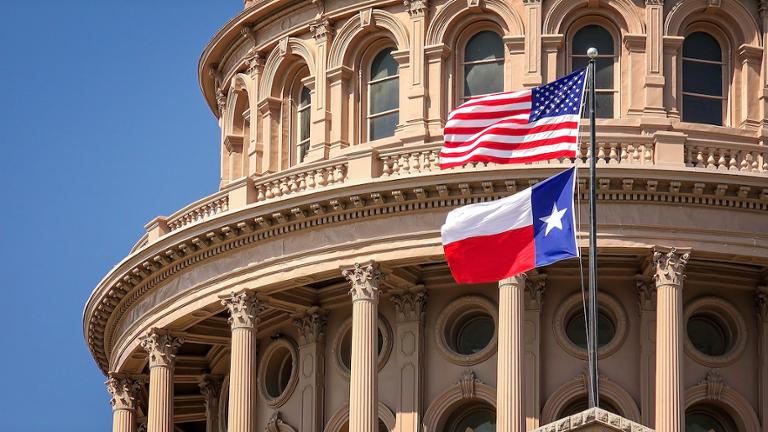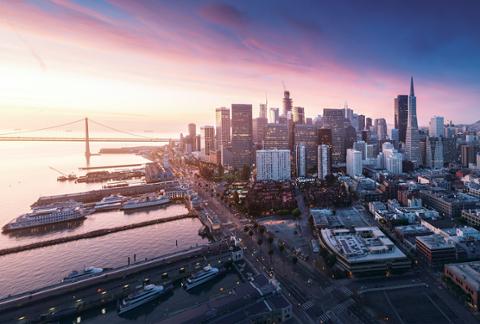A few years ago, it seemed like half of Silicon Valley wanted to migrate to Texas. Beginning in 2020, Oracle, Apple, Hewlett-Packard, Tesla, and others all erected either a new headquarters or a major facility in the state. Austin, a longtime tech hub, continued to attract startups, while Dallas and Houston built out their respective tech communities.
According to the latest CompTIA Tech Jobs Report, Dallas and Houston saw the biggest gain in tech job postings between March and April, outpacing tech hubs such as Boston and Seattle. In other words, even amidst economic uncertainty, the cities’ tech scenes remain robust:
Dallas also remains a top metro area for overall job postings, just behind Washington, DC and New York City but well ahead of Boston, Atlanta, San Francisco, San Jose, and others. (On the same list, Houston outpaced Seattle, Denver, and even Austin.)
The factors that fueled Texas’s growth as a tech center are still in play, including business-favorable taxes, a pipeline of fresh talent from local colleges and universities, and robust infrastructure for investment and industry networking. Other states and metro areas are employing the same playbook, which is ultimately great for tech professionals, as it means strong clusters of jobs outside of the traditional tech hubs of Silicon Valley and New York City.
Where can Texas go from here? In a 2020 study conducted by Blind (which polls anonymous-but-verified tech professionals on a variety of industry issues), some 29 percent of Bay Area technology professionals said that Texas was “the next Silicon Valley.” Can the state fulfill such a sparkly prediction? It remains to be seen, but in the meantime, businesses will continue to gravitate toward the Lone Star State.



